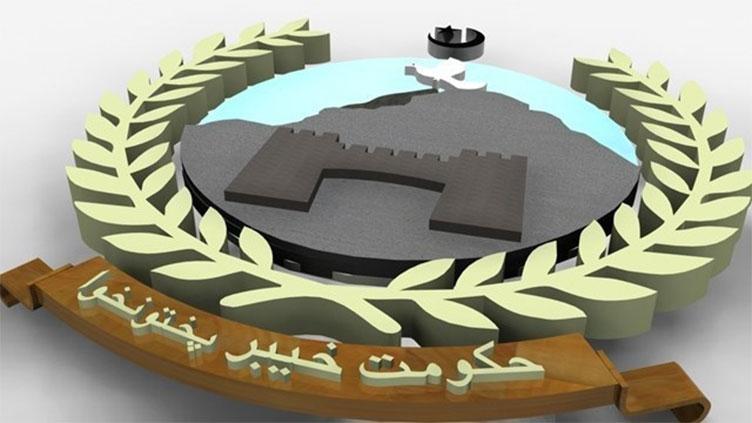PESHAWAR: The Khyber Pakhtunkhwa (KP) government is preparing for a major bureaucratic reshuffle after Eid ul Fitr. This move will affect commissioners, deputy commissioners, and top administrative secretaries. The changes are part of a broader strategy to strengthen governance, curb corruption, and improve public service efficiency.
Sources suggest that the reshuffle will also impact the police department. Several officers are expected to be promoted to BPS-20. The newly appointed Chief Secretary, Shahab Ali Shah, has already started introducing reforms in government institutions.
One of his key directives is the transfer of employees who have remained in the same position for over two years. This decision aims to break strong networks, improve institutional performance, and bring fresh leadership to key roles. As a result, over 4,000 employees have already been transferred. Many had held the same seat for years, establishing deep-rooted control over their positions.
A strict performance-based evaluation system has been introduced. All transfers and postings will now be based purely on merit. Only those with a strong record of efficiency and dedication will be assigned major responsibilities. These changes align with the vision of Chief Minister Ali Amin Khan Gandapur, who seeks to ensure transparent and accountable governance.
One of the most significant reforms includes the elimination of private school exam halls. Authorities have cited widespread corruption as the reason behind this decision. Moving forward, all examination centers will be shifted to government schools to ensure transparency and fairness in the education sector.
Additionally, the government has directed officials to accelerate work on stalled development projects across the province. Efforts are also underway to digitize official procedures, enhance coordination between departments, and strengthen monitoring systems. These steps aim to eliminate bureaucratic delays and improve service delivery.
Official sources reveal that Chief Secretary Shah is prioritizing structural reforms within the administration. His initiatives have led to quicker decision-making, greater accountability, and a more responsive governance model. Authorities believe these measures will help restore public trust in the system and create a more transparent and efficient administration.
With the upcoming bureaucratic reshuffle, KP is set to witness a more streamlined governance structure. The province is expected to benefit from improved service delivery, better institutional efficiency, and sustainable development.


